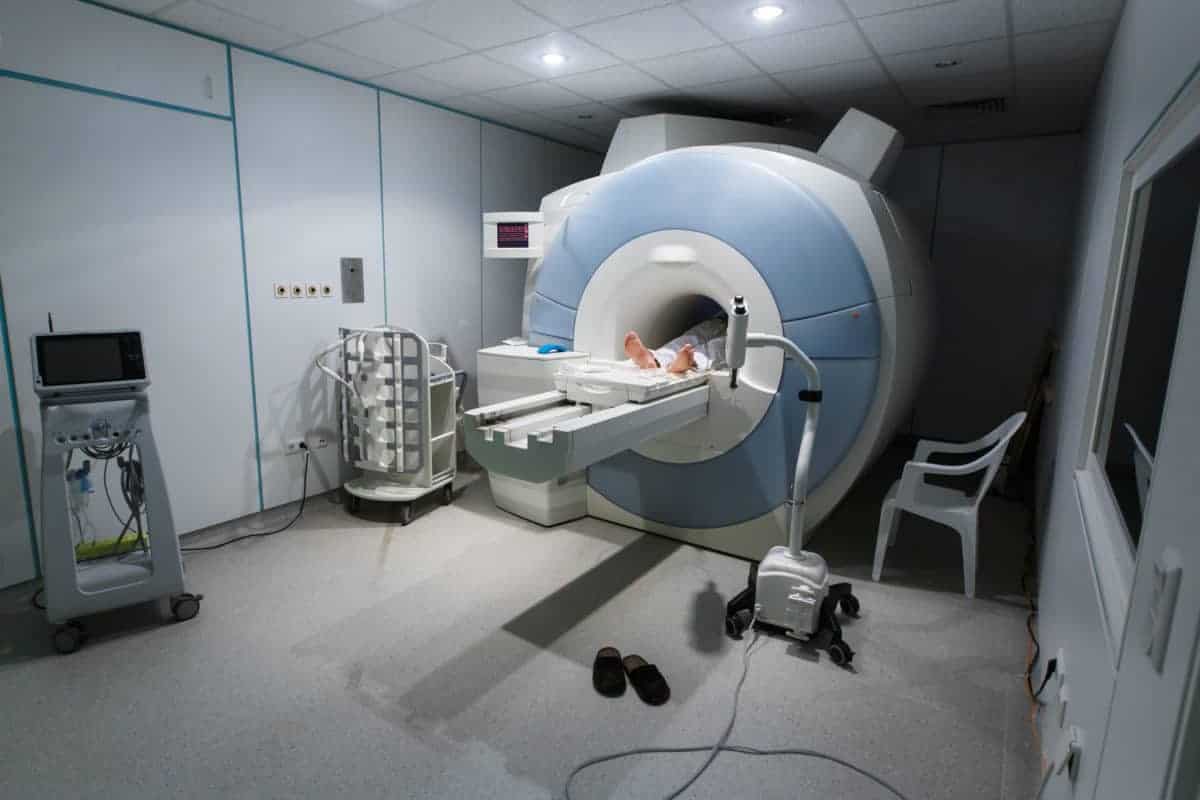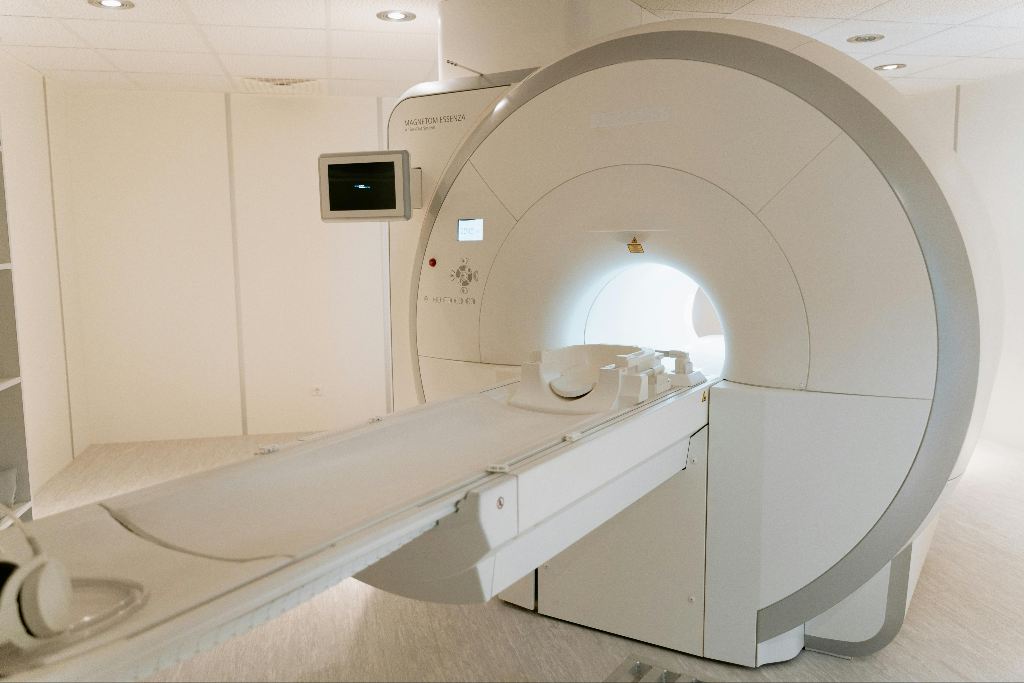To determine what the best treatment is for those patients with chest pain and coronary heart disease, doctors typically base their decision on how constricted arteries serving the heart are. Typically, this is done by performing cardiac catheterization, which is an invasive procedure.
Results Prove Validity of MRIs
The results of a new study shows that a non-invasive procedure, known as magnetic resonance imaging (MRI), can provide as much information as cardiac catheterization.
Coronary artery disease is the leading cause of death in both men and women across the nation. This condition begins with cholesterol and other materials building up inside the arteries that supply blood to the heart. As the plaque hardens in the arteries, the heart is denied the oxygen-rich blood that it needs to survive. Chest pain is common with this condition, and overtime, heart muscles weaken and cause an irregular heartbeat, which can lead to heart failure.
Cardiac Catheterization
Cardiac catheterization is a procedure that involves inspection of the coronary artery with the help of a long, thin tube, known as a catheter. Cardiac catheterization is performed by a heart surgeon inserting a catheter into an artery or vein in the patient’s going, neck or arm and then threading the catheter through the patient’s heart.
Cardiac catheterization provides information to the surgeon about the location of narrowing or blockages in the coronary artery. In some cases, the surgeon will measure blood pressure in different areas of the heart as part of the cardiac catheterization procedure. Doctors use the information they learn gather to develop a suggested course of treatment for CHD.
Catheterization is also used as a treatment option to help open a blocked blood vessel or valve, repair holes in the heart, or dilate the arteries in the heart. Catheterization is a procedure that requires anesthesia. Therefore patients spend a few hours in a recovery room following their procedure.
Knowing The Risks
Although cardiac catheterizations are performed more than a million times a year, risks are still involved, much like any other surgery. Some risks include allergic reactions to the anesthesia, blood clots that could lead to stroke or heart attack and bleeding and infection around the injection site as well as damage to the artery and low blood pressure.
Although the likelihood of one of these risk factors occurring is low, it is still possible, and sometimes looking for an alternate procedure is in your best interest.
MRIs Are Equal To Cardiac Catheterization
Studies have shown that cardiac MRI may be on par with cardiac catheterization. Cardiac MRI is a non-invasive approach that is performed in about 40 minutes. This test also has the capability to provide direct measurements of blood flow to the heart. Cardiac MRI uses radio waves, a powerful magnet, and a computer to create images of the heart.
Contact our Atlanta orthopedic doctors to learn more about heart health and how we can help create a better you. Call us today at (404) 855-2141.





